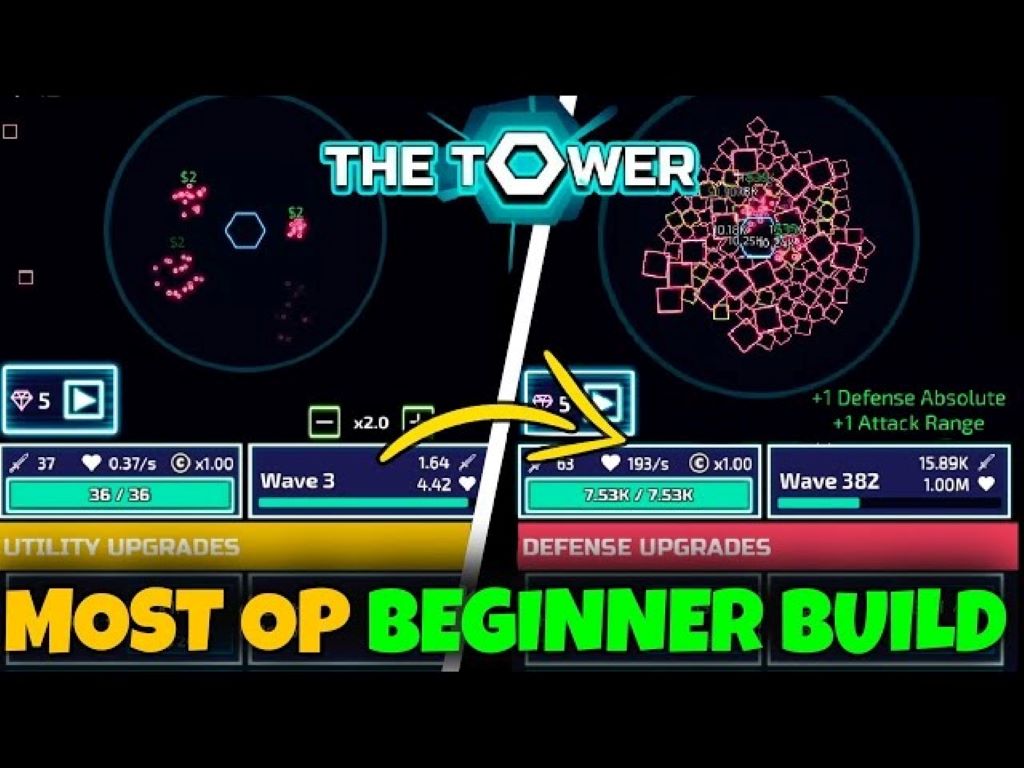Imagine entering a mysterious tower filled with endless floors, dangerous monsters, and incredible rewards waiting to be claimed. For many gamers and manhwa enthusiasts, solo farming in tower-climbing scenarios represents the ultimate test of skill, strategy, and determination. Whether you’re drawn to the concept through popular webtoons like “Solo Leveling” or tower-based RPG games, mastering the art of solo progression can transform you from a struggling beginner into an unstoppable force.
The allure of solo tower farming lies in its perfect blend of independence, challenge, and exponential growth potential. Unlike traditional party-based gameplay, solo farming puts your destiny entirely in your own hands, allowing you to progress at your own pace while reaping all the rewards for yourself.
Understanding Solo Farming in Tower Systems
Solo farming in tower environments refers to the strategic practice of tackling tower floors independently, without relying on party members or guilds for support. This approach requires careful planning, resource management, and deep understanding of game mechanics to succeed consistently.
The tower climbing experience typically involves ascending through progressively difficult floors, each presenting unique challenges, monster encounters, and valuable loot opportunities. Solo farmers must develop comprehensive strategies that account for combat effectiveness, resource sustainability, and efficient progression paths.
Most tower systems feature recurring floor patterns, boss encounters at specific intervals, and special challenge rooms that offer enhanced rewards. Understanding these patterns becomes crucial for solo players who cannot rely on teammates to cover their weaknesses or share the burden of difficult encounters.
Essential Strategies for Successful Solo Tower Farming
Character Build Optimization
Creating an effective solo build requires balancing offensive capabilities with defensive sustainability. Unlike group play where roles can be specialized, solo farmers need well-rounded characters capable of handling diverse situations independently.
Focus on builds that offer self-sufficiency through healing abilities, crowd control options, and consistent damage output. Many successful solo farmers prioritize versatility over specialization, ensuring they can adapt to unexpected encounters without external support.
Consider investing in equipment and skills that provide passive benefits, such as life steal, mana regeneration, or damage reflection. These passive effects become invaluable during extended farming sessions where resource management determines success or failure.
Resource Management and Sustainability
Effective resource management separates successful solo farmers from those who struggle to progress. This involves careful monitoring of health potions, mana resources, equipment durability, and inventory space throughout your tower runs.
Develop a sustainable rotation that allows for consistent progression without frequent returns to base. This might involve learning optimal rest points within the tower, identifying floors with reliable healing opportunities, or timing your runs to maximize resource efficiency.
Many experienced solo farmers establish supply caches or utilize tower-specific mechanics that provide resource regeneration. Understanding these systems can dramatically extend your farming sessions and improve overall efficiency.
Floor Selection and Progression Planning
Not all tower floors offer equal value for solo farming efforts. Identifying the most profitable floors relative to your character’s capabilities ensures optimal time investment and reward accumulation.
Research floor layouts, monster types, and reward distributions to create targeted farming routes. Some floors might offer excellent experience gains but poor loot, while others provide valuable materials but require significant time investment.
Consider factors like floor reset timers, special events, and seasonal bonuses when planning your farming schedule. Advanced solo farmers often maintain detailed logs of their runs to identify the most profitable patterns and optimize their approach over time.
Combat Techniques and Tactical Approaches
Crowd Control and Positioning
Solo farming success heavily depends on mastering crowd control techniques and positioning strategies. Without teammates to share aggro or provide backup, solo farmers must expertly manage multiple enemies while maintaining optimal positioning.
Learn to use environmental features to your advantage, such as narrow corridors for funneling enemies, elevated positions for ranged advantage, or destructible obstacles for emergency escape routes. These tactical elements become force multipliers in solo encounters.
Develop reliable crowd control rotations that can handle the typical enemy compositions found on your target floors. This might involve stunning priority targets, using area-of-effect abilities to manage groups, or employing hit-and-run tactics against particularly dangerous opponents.
Boss Encounter Strategies
Boss fights represent the ultimate test of solo farming preparation and skill. These encounters typically require specific strategies, precise execution, and thorough understanding of boss mechanics to overcome alone.
Study boss attack patterns, identify safe zones during special attacks, and prepare appropriate consumables or equipment swaps for different encounter phases. Many bosses have exploitable mechanics that become crucial for solo success.
Consider developing backup strategies for boss encounters, including emergency escape plans and alternative approaches if your primary strategy fails. Flexibility and adaptability often determine the difference between success and costly defeats.
Equipment and Character Progression
Optimal Gear Selection
Solo farming places unique demands on equipment choices, requiring gear that provides well-rounded benefits rather than specialized bonuses. Prioritize items that offer multiple useful stats over those with single-minded focus.
Look for equipment with built-in sustainability features like life steal, mana leech, or damage reduction. These properties become increasingly valuable as you face longer encounters without external support.
Consider the maintenance costs and durability of your equipment choices. Gear that requires frequent repairs or expensive upkeep can significantly impact your farming profitability over time.
Skill Development and Talent Trees
Build your character’s skill progression around solo farming requirements, emphasizing abilities that provide independence and versatility. This often means investing in passive skills that improve overall survivability and efficiency.
Many successful solo farmers prioritize skills that scale well with time investment, such as crafting abilities, resource gathering bonuses, or experience multipliers. These long-term investments can provide significant advantages over extended farming periods.
Don’t neglect utility skills that might seem less exciting but provide crucial support for solo operations. Abilities like inventory expansion, movement speed bonuses, or reduced cooldown timers can dramatically improve your farming efficiency.
Advanced Tips for Experienced Solo Farmers
Market Analysis and Economic Optimization
Understanding the game’s economy becomes crucial for maximizing the value of your solo farming efforts. Research item values, market trends, and seasonal demand fluctuations to optimize your farming focus.
Develop multiple farming routes targeting different types of rewards, allowing you to adapt to market conditions and maximize profitability. This might involve switching between experience farming, rare material collection, or currency generation based on current opportunities.
Consider the time investment required for different farming approaches and calculate your effective hourly returns. Sometimes less challenging content with faster clear times can provide better overall value than pushing the highest possible floors.
Community Resources and Solo Farming Networks
While solo farming emphasizes independence, connecting with other solo farmers can provide valuable insights and strategies. Many games feature dedicated communities where solo players share discoveries, strategies, and market information.
Participate in forums, discord servers, or in-game communities focused on solo play. These resources often contain detailed guides, floor maps, and optimization strategies that can accelerate your learning curve.
Share your own discoveries and experiences with the community. Contributing to the collective knowledge base often results in receiving valuable feedback and alternative perspectives that can improve your own approach.
Common Mistakes and How to Avoid Them
Many aspiring solo farmers make predictable mistakes that can be easily avoided with proper preparation and knowledge. Rushing into content beyond your character’s capabilities leads to costly deaths and wasted resources.
Neglecting defensive capabilities in favor of pure damage output often results in unsustainable farming runs. Balance your character development to ensure long-term viability rather than short-term burst potential.
Failing to plan for equipment maintenance, resource depletion, or unexpected encounters can turn successful runs into disasters. Always maintain safety margins and contingency plans for your farming operations.
Conclusion: Master Your Tower Destiny
Solo farming in tower environments represents one of gaming’s most rewarding challenges, combining strategic planning, skillful execution, and persistent dedication. The journey from struggling novice to accomplished solo farmer requires patience, learning, and continuous adaptation to evolving challenges.
Related Topics:
4 Unique Features Look for in a Gaming Mouse
5 Reasons Why Games Keep Crashing (And How to Fix Issues)







